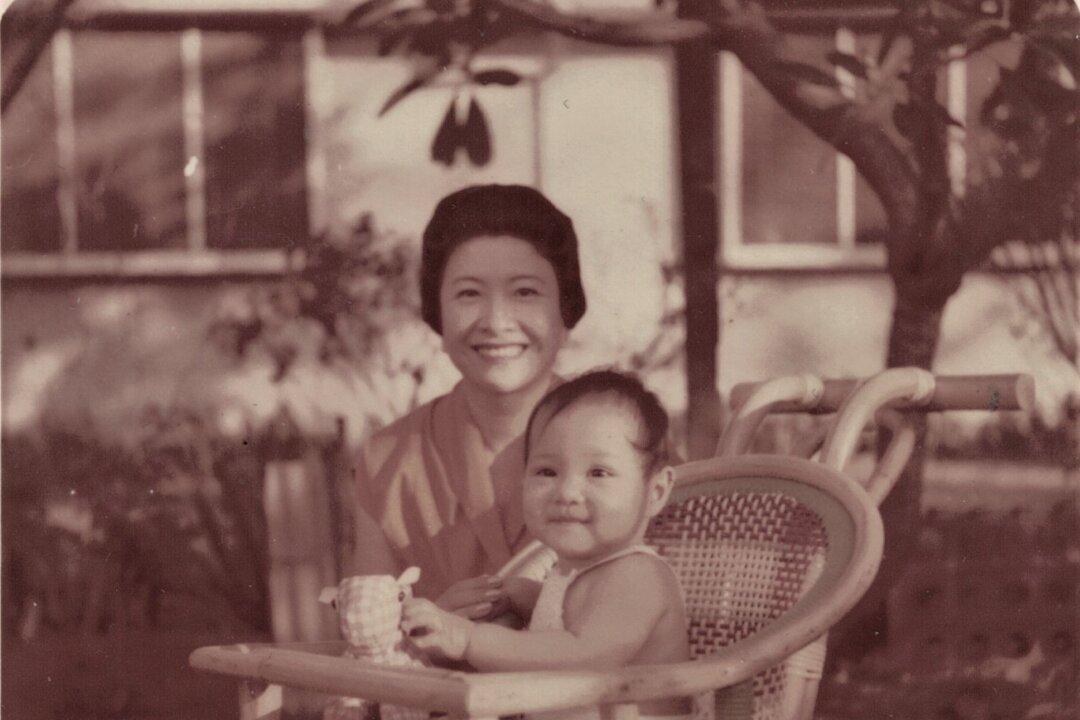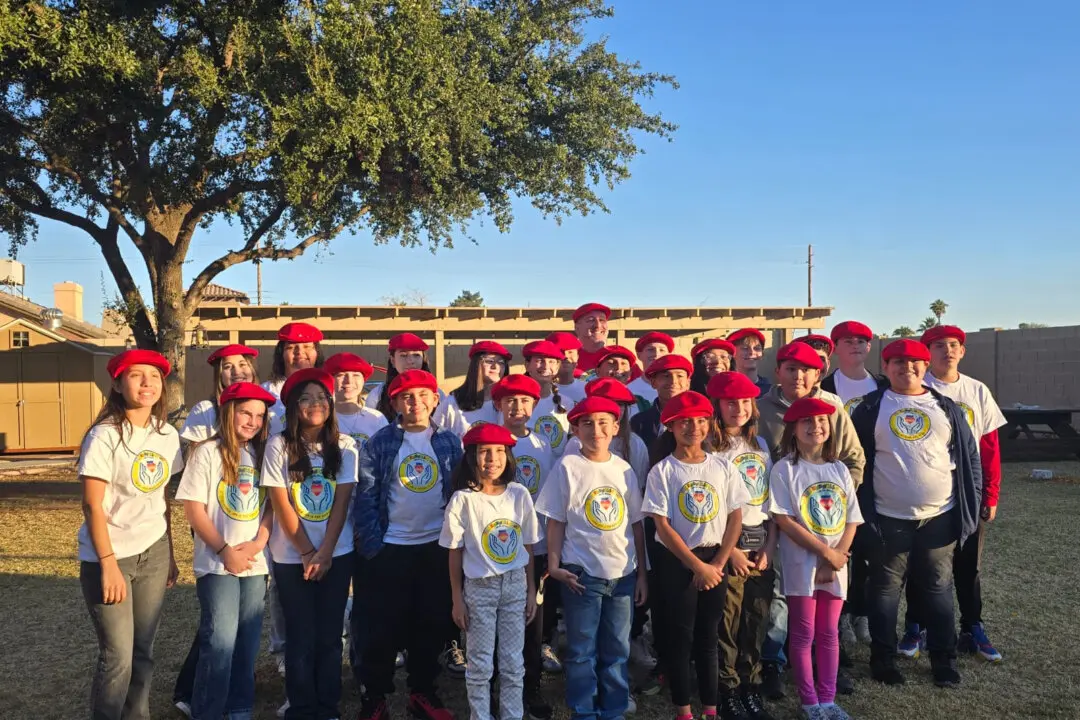“Everything starts with love,” Elizabeth Ann Besa-Quirino’s mother used to say to her. “Love is your first ingredient.” It was a cooking lesson, but it was about so much more. Love was her starting point for everything: her food, her family, her friends, and her enemies. Love, guided by faith, sustained this woman; it was her great love and her great faith that gave her courage to enter the Japanese POW camps in the Philippines during World War II as a humanitarian worker and supporter of the underground guerrilla movement to resist Japanese occupation. It was love that enabled her to save many lives—love that resulted in Lourdes “Lulu” Reyes Besa becoming a civilian recipient not once, but twice, of the U.S. Medal of Freedom in 1947.
As a child learning to cook with her mother, Besa-Quirino did not fully understand the depth of her mother’s love nor the magnitude of her sacrifice, risk, and heroism during the war. She knew her mother had won awards, but did not realize the significance of them. “My parents were not very forthcoming about the war. It was not a subject that was easily discussed,” she said. Only in the cold early months of 1999 did she start to learn more, when a late-night phone call from a Japanese POW camp survivor named Robert Dow changed everything.





